
Digital marketing is a critical process for small businesses. Small businesses can expand their online reach, boost brand awareness, and generate leads and sales by utilizing online marketing channels.
In this article, you’ll learn the best techniques small businesses can leverage to get the maximum benefit from their efforts.
We crafted this guide based on our extensive practical experience running digital marketing campaigns for local businesses, startups, sole entrepreneurs, online shops, and service-based businesses.
The Small Business Guide to Digital Marketing
Benefits of Digital Marketing For Small Businesses
Before we get into how to use digital marketing to grow your business, let’s review the most important benefits of digital marketing for small businesses:
- It’s cost-effective compared to traditional marketing
- Enables small businesses to target their ideal customers precisely
- It’s great for raising brand awareness
- It’s easy to track results
- Allows small businesses to compete with bigger competitors
- It can lead to more sales and conversions
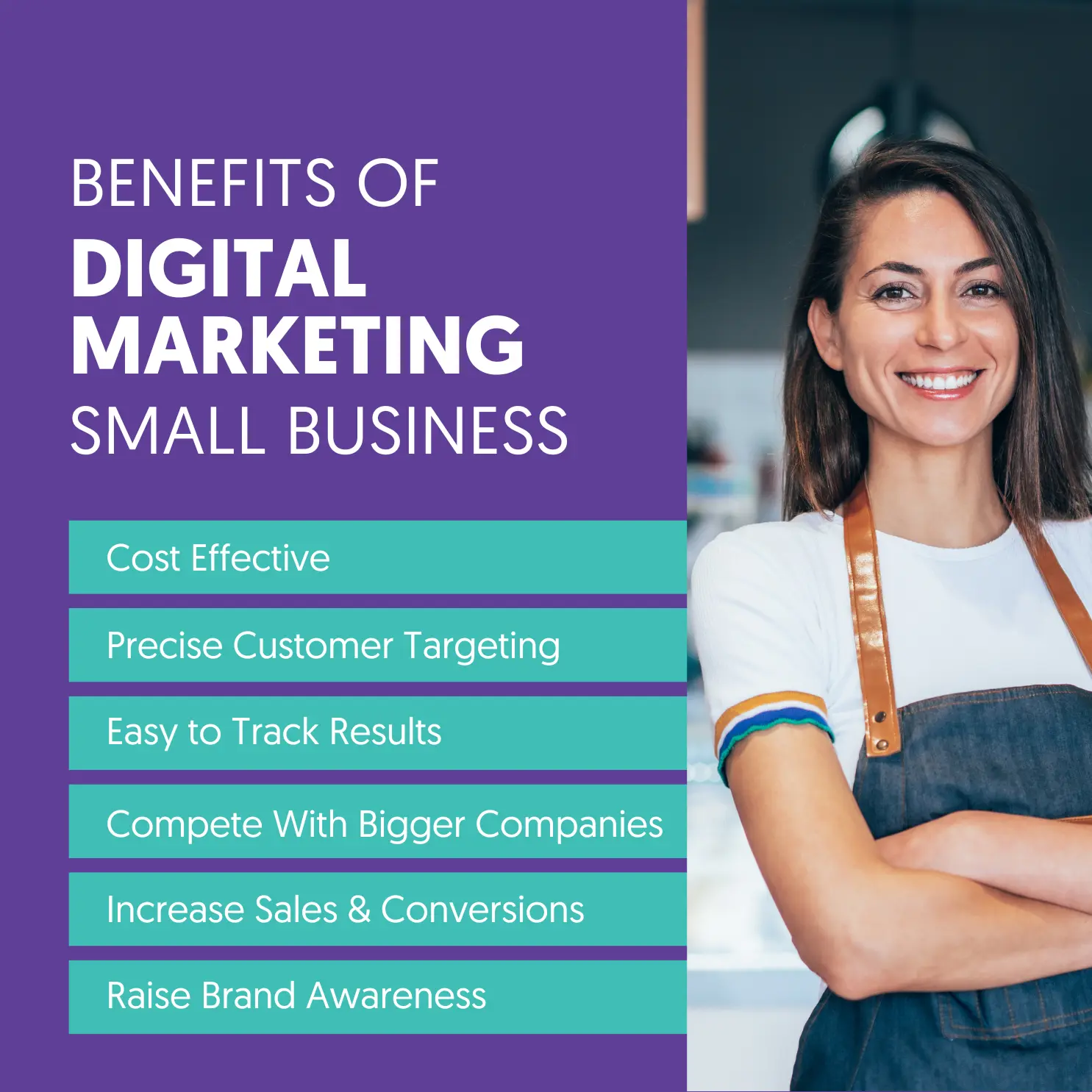
For a complete list of all the benefits of digital marketing, read our comprehensive guide below.
- Digital Marketing Benefits
10 Ways Small Businesses Use Digital Marketing
- Establish Brand Identity and Increase Online Visibility
- Get Targeted Traffic From Search Engines
- Reach New Customers With PPC Ads
- Attract and Engage Customers With Content
- Run Social Media Campaigns to Specific Audiences
- Nurture Leads With Email Marketing
- Get Customers With Local Marketing
- Increase Sales With Affiliate Marketing
- Make Money Selling Other Businesses Products
- Use Analytics to Make Data-Driven Decisions
1. Build Brand Awareness and Increase Online Visibility
Perhaps the most common way for any small business to leverage digital marketing is to increase reach and visibility.
In today’s world, customers expect to find information about the companies they want to work with online.
If your customers can’t find you online, they may assume your company isn’t reliable, legitimate, or trustworthy.
Some of the most effective ways to use digital marketing to boost awareness and visibility include:
- Creating a professional website to showcase your products and services and draw attention to your brand story, values, and overall purpose.
- Creating social media profiles for your business on all major platforms.
- Responding to online reviews allows you to show a customer-first mindset.
- Creating business listings on local and industry-specific directories and platforms like Google My Business makes it easier to find specific local audiences.
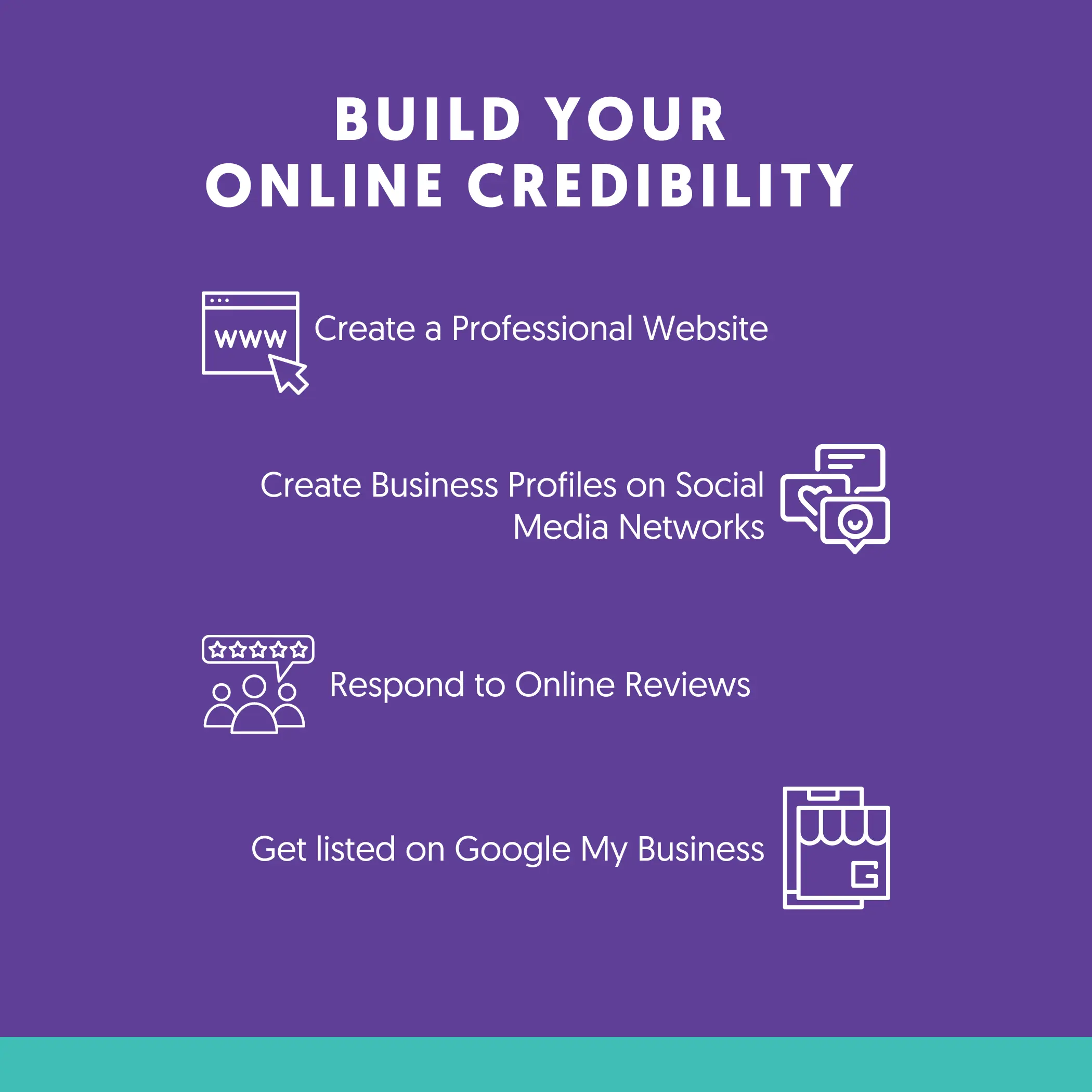
2. Get Targeted Traffic From Search Engines
Creating a website and online presence can give your small business more credibility in a competitive space.
However, you still need to take steps to attract traffic (or prospects) to your business. Cultivating “targeted traffic” is particularly essential for smaller companies with limited marketing budgets.
With targeted traffic, you focus on drawing people with specific needs and goals to your site, leveraging the power of intent.
Concentrating on targeted traffic increases conversion rates and reduces customer acquisition costs, allowing you to appeal to more qualified leads with a genuine interest in your products or services.
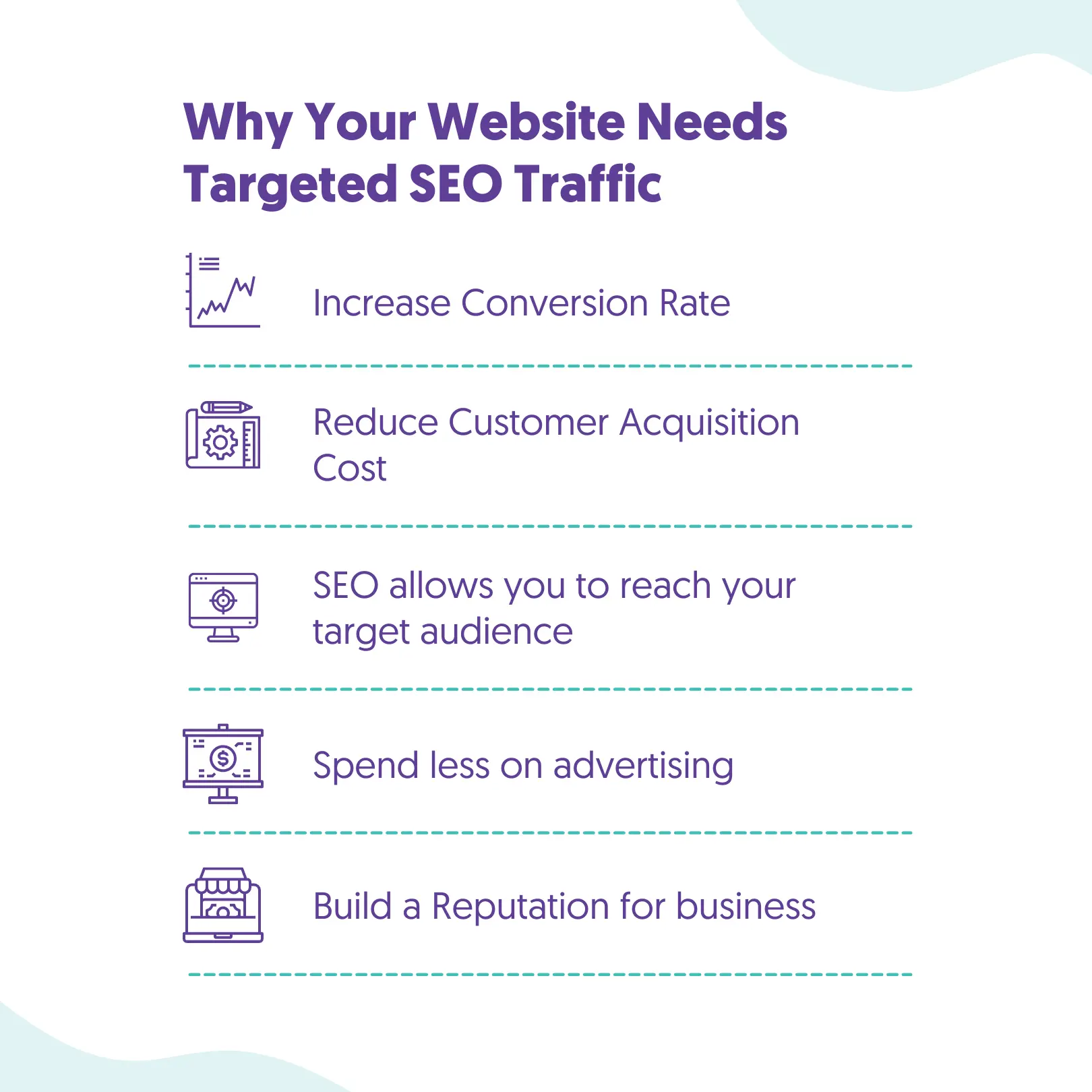
The best way to invest in targeted traffic acquisition is SEO. Mastering SEO can be a complex process, as it involves many different steps, such as:
Keyword research: Keyword research is the first and most important element of any SEO strategy.
This means defining the terms your customers search for at each point in the purchasing journey.
Small businesses can use tools like SEMRush and Ahrefs to find relevant keywords with low difficulty levels and high traffic potential.
The best keywords for smaller companies are usually long-tail keywords, specific terms relevant to a niche audience, such as “Motorcycle garage near me.”
Website SEO Marketing: Website optimization for SEO is a multi-faceted process involving on-page and technical SEO strategies.
To ensure your site ranks, you’ll need to invest in implementing keywords into the right parts of your site, from page content to meta descriptions, tags, and titles.
It’s also important to ensure your site offers an excellent user experience, with fast-loading pages, easy navigation, and valuable content tailored to each stage of the purchasing journey.
Link building: Link building for SEO (also known as Off-Page SEO) involves multiple steps. Internal linking between pages makes it easier for search engines to crawl and index your content.
Gaining backlinks from high-authority websites in your niche can improve the reputation of your domain and provide access to new sources of traffic.
Inbound marketing: Inbound marketing involves creating content that captures customer attention and drives people to your site without you needing to reach out directly.
Strategies like content marketing, social media marketing, and PPC advertising can all increase your traffic and deliver new lead opportunities.
For more information, view the following guides.
- SEO Guide for Beginners
- Benefits of SEO For Small Businesses
- Benefits of Inbound Marketing for Small Businesses
3. Reach New Customers With PPC Ads
While many small businesses focus most of their attention on free forms of inbound marketing, paid ads can significantly boost your online presence.
Unlike SEO, which can take months to deliver consistent results, Pay-Per-Click advertising instantly draws attention to your business.
With PPC, companies pay for every click they receive from an ad campaign posted on an advertising platform like Google or Facebook.
PPC advertising allows businesses to specifically target unique audiences with certain criteria and measure their results using analytics.
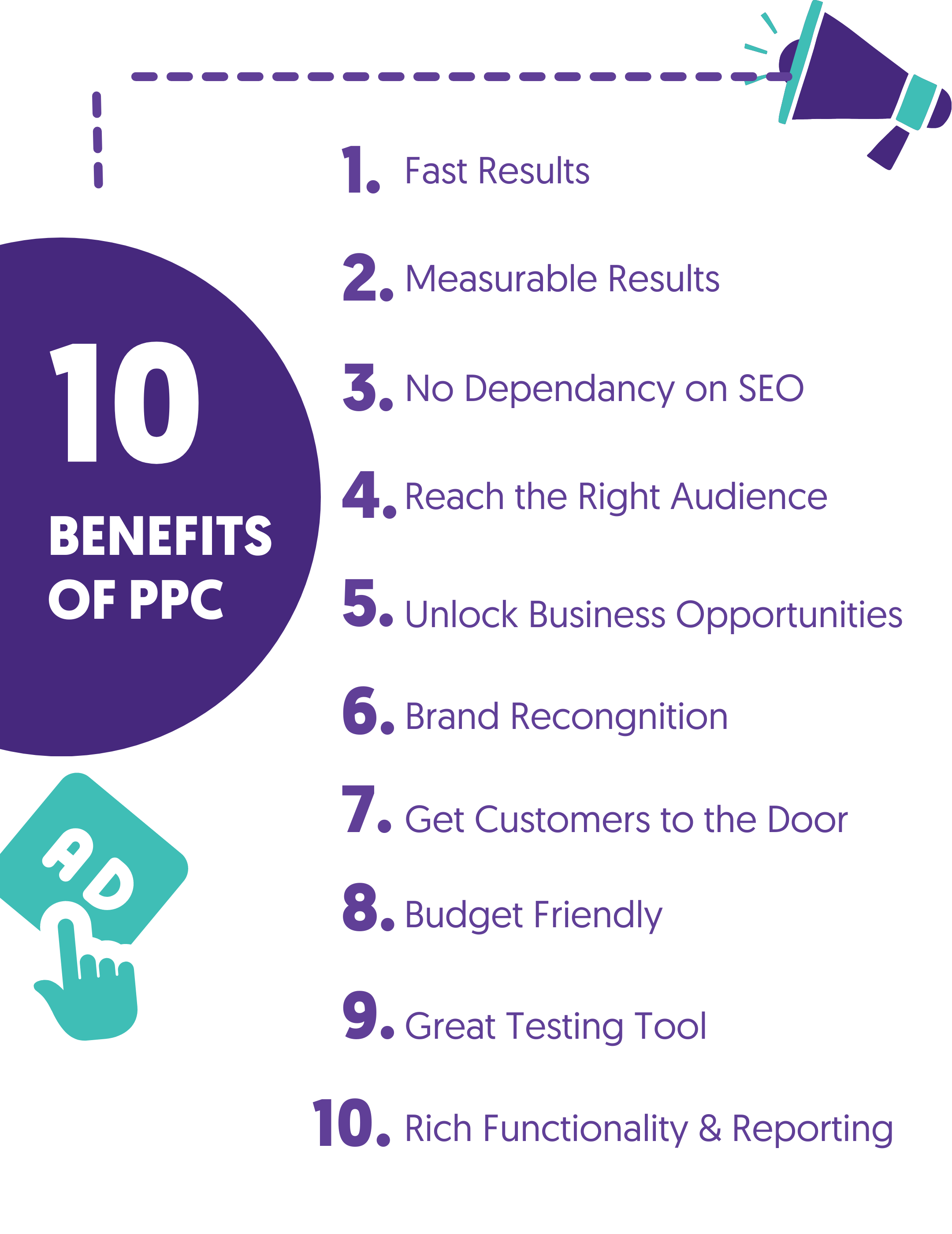
PPC ads are excellent for attracting both local and international customers, building brand recognition, and increasing sales without worrying about Google algorithmic changes.
In the age of generative AI-based search engines, PPC is also becoming one of the most powerful ways to capture real estate at the top of the search result pages.
The key to success with PPC advertising is proper planning. Companies need to:
Target the right audience: You can target people based on their demographics, interests, purchasing behaviors, and even previous interactions with your brand.
Creating compelling ad copy: The right ads on any channel should immediately engage your audience. Focusing on the benefits you can offer to your customers and targeting their specific needs and pain points with your campaigns will increase results.
Read the following guides for more information on how to use PPC platforms to make sales and money.
- How to Make Money With Facebook Ads
- Facebook Marketing For Beginners
4. Attract and Engage Customers With Content
Content marketing is one of the most popular forms of inbound marketing. 70% of B2C companies and 70% of B2B organizations say they utilize content marketing as part of their strategy to connect with audiences.
For small businesses, content marketing is more than just an opportunity to increase search engine rankings with carefully placed keywords. It’s also a tool for building thought leadership and earning customer trust.
Sharing valuable content in the form of blog posts, articles, Ebooks, infographics, podcasts, and videos, allows you to engage your customers at every stage of the buyer funnel, no matter their level of intent.
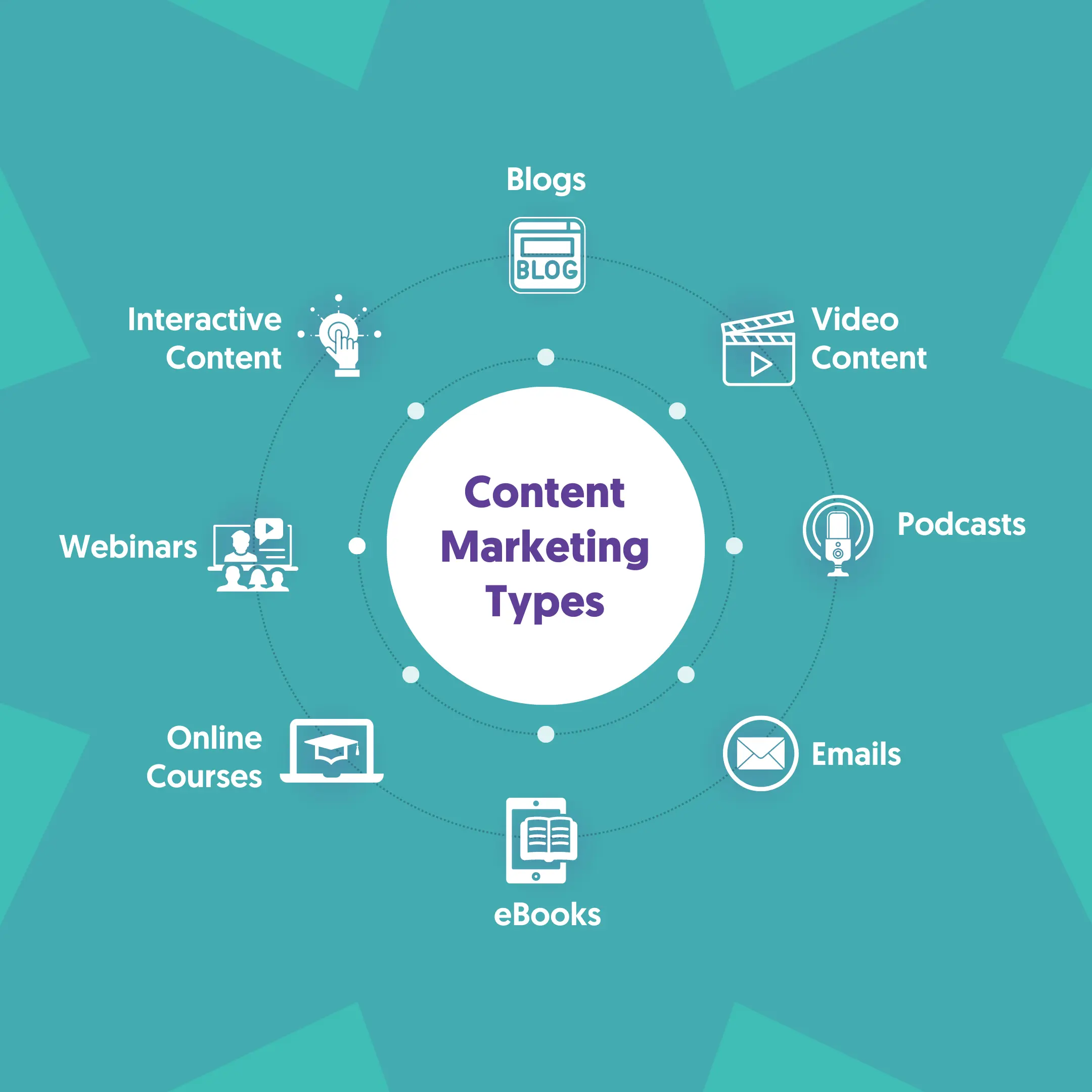
The right content can educate and inform customers, entertain prospects, and keep clients returning to your website, increasing your chances of sales.
However, like any inbound marketing strategy, this method requires careful implementation.
The best content marketing strategies:
Deliver value to customers: More than anything else, your content needs to be valuable, informative, and actionable. It needs to answer customers’ questions about your products and services and help buyers achieve their goals.
Follow Google content guidelines: Following the guidelines established by Google, such as “E-E-A-T,” helps you create authoritative, trustworthy, and valuable content.
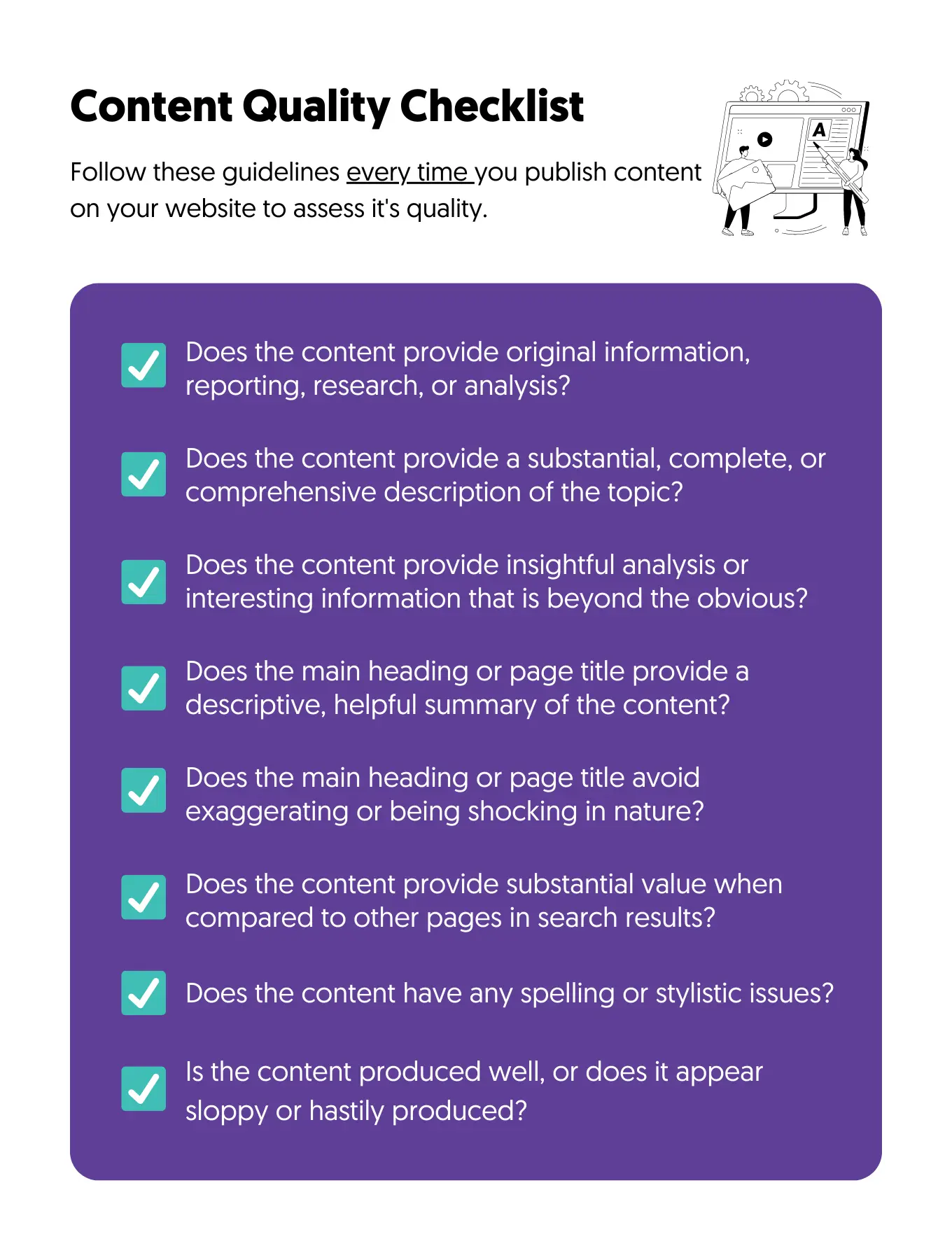
Focus on promotion: Just creating optimized content isn’t enough. Companies also need to draw attention to the pieces they produce consistently.
Sharing content on social media platforms, promoting links in email newsletters, and even working with influencers to draw attention to content can increase your ROI.
- Content Marketing Guide For Beginners
5. Run Social Media Campaigns to Specific Audiences
Social media is an incredible channel for small businesses. It offers a way to connect consistently with your audience in an environment they visit daily.
At the same time, social media gives companies a great way to learn about their customers, build more in-depth buyer personas, and even deliver rapid customer service.
Running an effective social media strategy starts with choosing the right platforms. Examining your customer personas can help you gain insight into which platforms you should use.
For instance, TikTok is the ultimate platform for reaching younger audiences from the Gen Z landscape.
Instagram is ideal for companies selling visually appealing products, while LinkedIn is fantastic for B2B businesses.
Once you’ve found the platforms most likely to resonate with your customers, make sure you’re committed to:
Posting engaging content regularly: Staying active is crucial on social media. Use your platform analytics to determine when your customers are most likely to be online and connect with them constantly, using links for engaging content, sharing updates about your business, and promoting sales and offers.
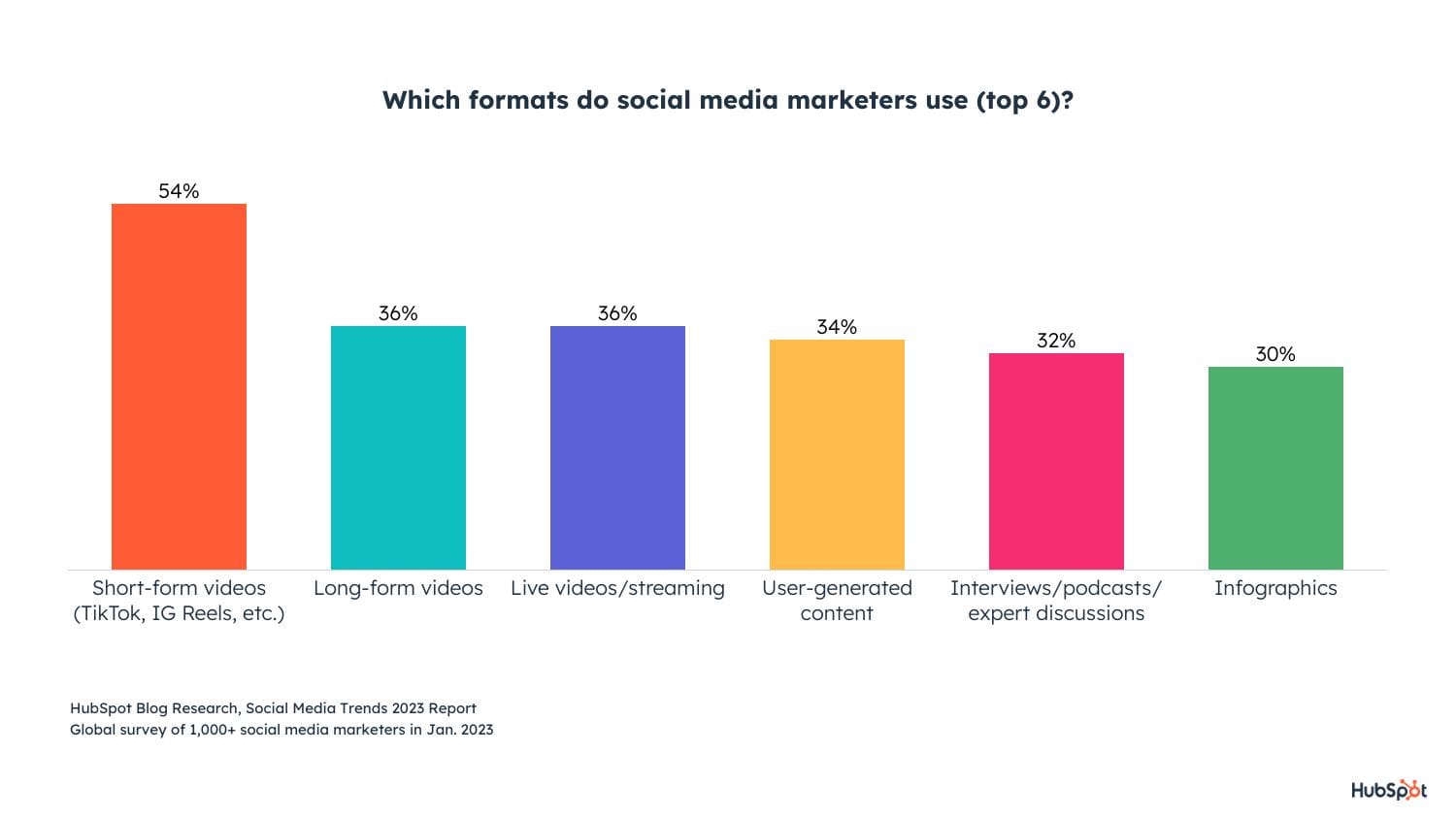
Engaging with followers: Social media is all about building relationships. Alongside posting regular content, you should also find ways to interact with your followers through polls and questions, responses to comments and messages, and competitions or contests.
Running targeted campaigns: As mentioned above, social media platforms offer various targeting options to help you connect with the right audience.
You can use these tools to reach specific demographics of people with unique interests or even create targeted campaigns for different customer groups.
Read the following guides to become an expert on social media marketing.
- Social Media Marketing Guide For Beginners
- Best Social Media Marketing Courses
6. Nurture Leads With Email Marketing
Email can seem a little old-fashioned compared to trending digital marketing channels for small businesses, such as video campaigns, webinars, and social media.
However, it’s a tried and tested way to collect and nurture leads. Email marketing delivers an ROI of around $36 for every $1 you spend.
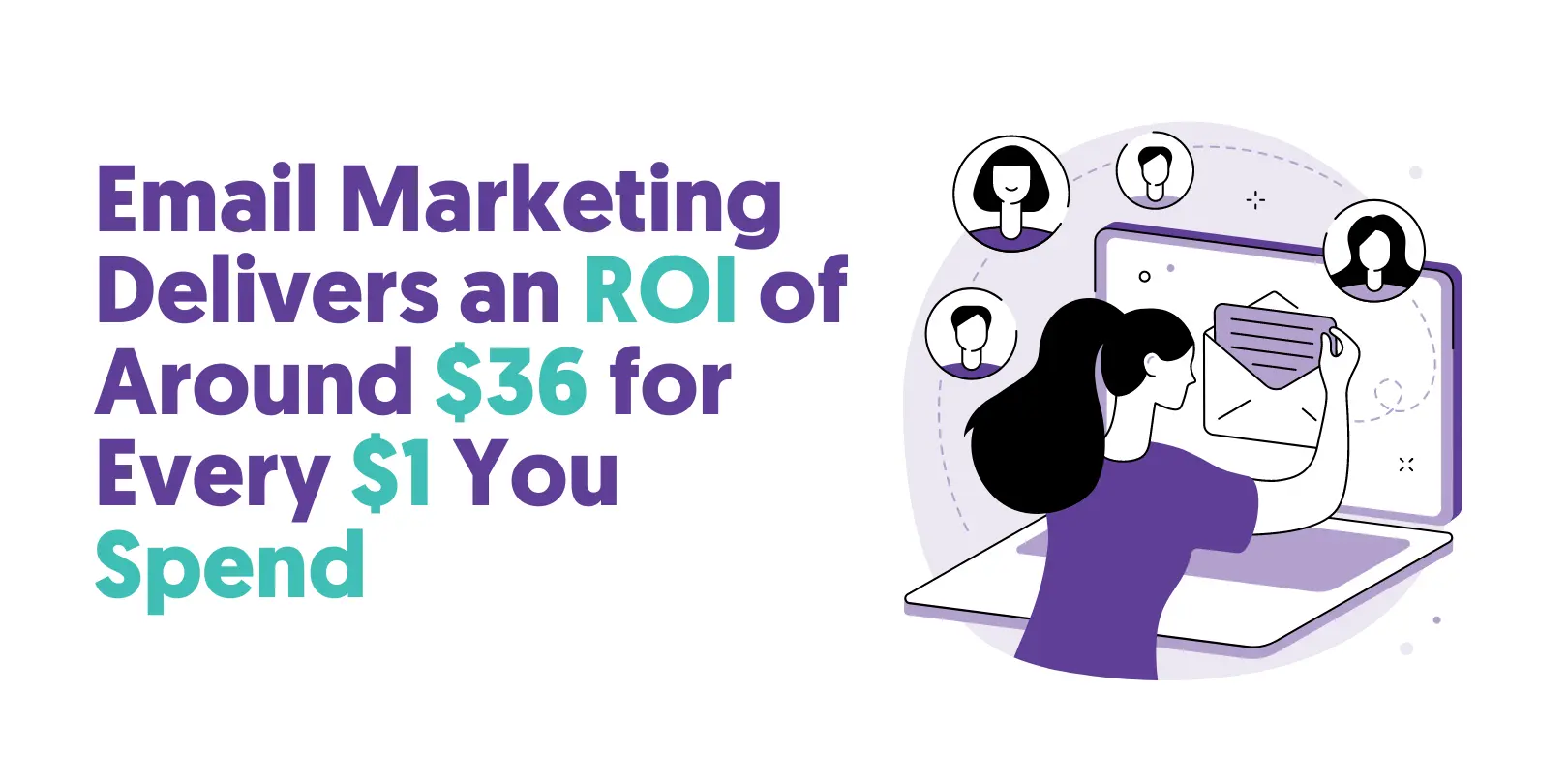
Effective email marketing starts with list building. This means creating lists of contacts who actually want to hear from your company.
There are numerous ways to build email lists, but many of the most effective methods use landing pages, forms, pop-ups, and link magnets.
With an exceptional offer, such as a free download or resource, you can convince customers to share their contact details with you.
Once you have your list, you can segment customers into different groups based on their interests and behaviors.
This ensures you can send more personalized messages to every customer, designed to drive sales.
Email marketing platforms are excellent for boosting the value of your marketing strategy. They help you to segment customers from your list and send regular newsletters, updates, and promotional offers at the perfect time.
What’s more, with email marketing platforms, you’ll have access to analytics and insights you can use to optimize your campaigns over time.
Tracking click-through rates and engagement and experimenting with A/B tests can boost your marketing performance.
To learn more, use the following guides.
- Email Marketing Tips for Small Businesses
- Email Marketing Guide for Beginners
7. Get Customers With Local Marketing
As tempting as it might be to create marketing strategies with the broadest global reach possible, local marketing can often be more cost-effective and lucrative for small companies.
Local marketing strategies involve targeting a very specific group of customers with carefully crafted SEO campaigns, PPC advertisements, and social strategies.
You can use Google My Business to improve your presence on the search result pages and channels like Google Maps, which can increase foot traffic to your physical location.
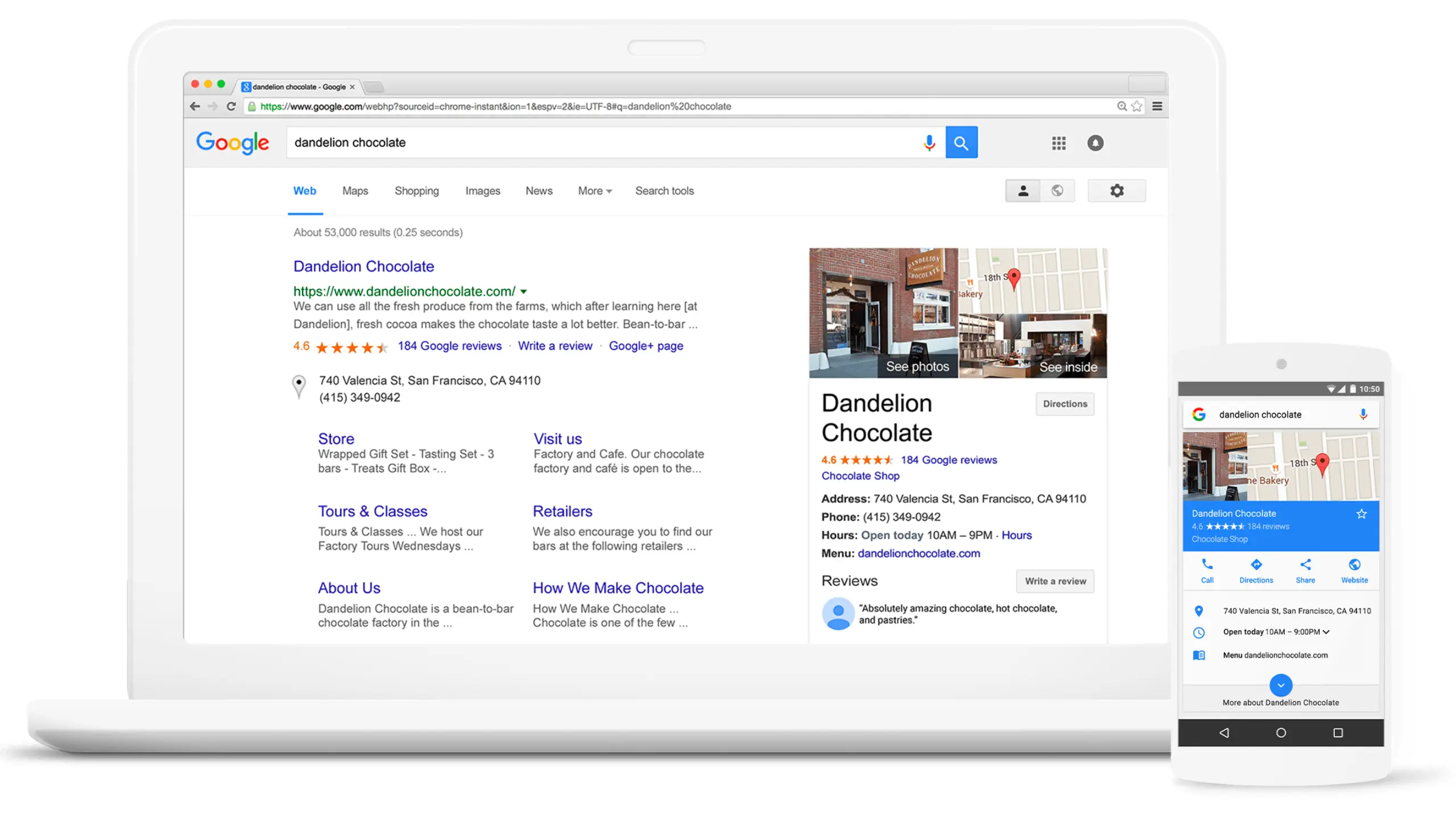
Plus, with local strategies, companies often see a much higher return on investment.
Local campaigns cost less to implement than huge multi-national marketing strategies, and focus your marketing budget on the customers most likely to buy from you.
However, there are numerous steps involved in building a local online presence.
You’ll need to optimize your site for local SEO with carefully chosen keywords, register with Google My Business, and use Schema (Structured data markup) to give more information about your business to the search engines.
To fully optimize your website for local marketing, read our comprehensive guide below.
- Local SEO Checklist for Small Businesses
8. Increase Sales With Affiliate Marketing
Affiliate marketing is one of the top three channels chosen for advertising by brand marketers for a good reason.
Affiliate marketing involves leveraging the influence other digital content creators have in the online world to increase your sales.
To use this tactic, you’ll offer a commission to other companies or individuals every time they help facilitate a sale.
There are numerous ways to experiment with affiliate marketing, such as:
Activating brand advocates: Your existing customers are one of the most valuable resources you have as a small business.
Happy customers who already love your products or services may be willing to refer new people to your company in exchange for a discount on their next purchase or a monetary reward.
Creating loyalty and referral programs for existing customers can help increase sales too. A referred customer is up to 18% more loyal than a customer acquired by other methods.

Working with influencers: Influencer marketing doesn’t just mean working with celebrities to showcase your products. Even micro-influencers can have a significant impact on your brand reputation and revenue.
These experts share information about your brand and products with an existing community on social media and other channels.
Joining affiliate networks: Affiliate networks provide companies access to niche-specific affiliates willing to work for their brand.
In exchange for a commission, these individuals can promote your products in various ways, with blogs, podcasts, and social posts.
9. Make Money Selling Other Businesses Products
Just as you can earn more sales for your own business by working with affiliates and influences, you can also consider unlocking another form of revenue by becoming an affiliate yourself.
Many small businesses work with partner brands in their industry to increase sales and access new opportunities.
The key to success is choosing the right businesses to partner with. You don’t want to promote companies that could steal your customers, and the products and services you advertise should be relevant to your target audience.
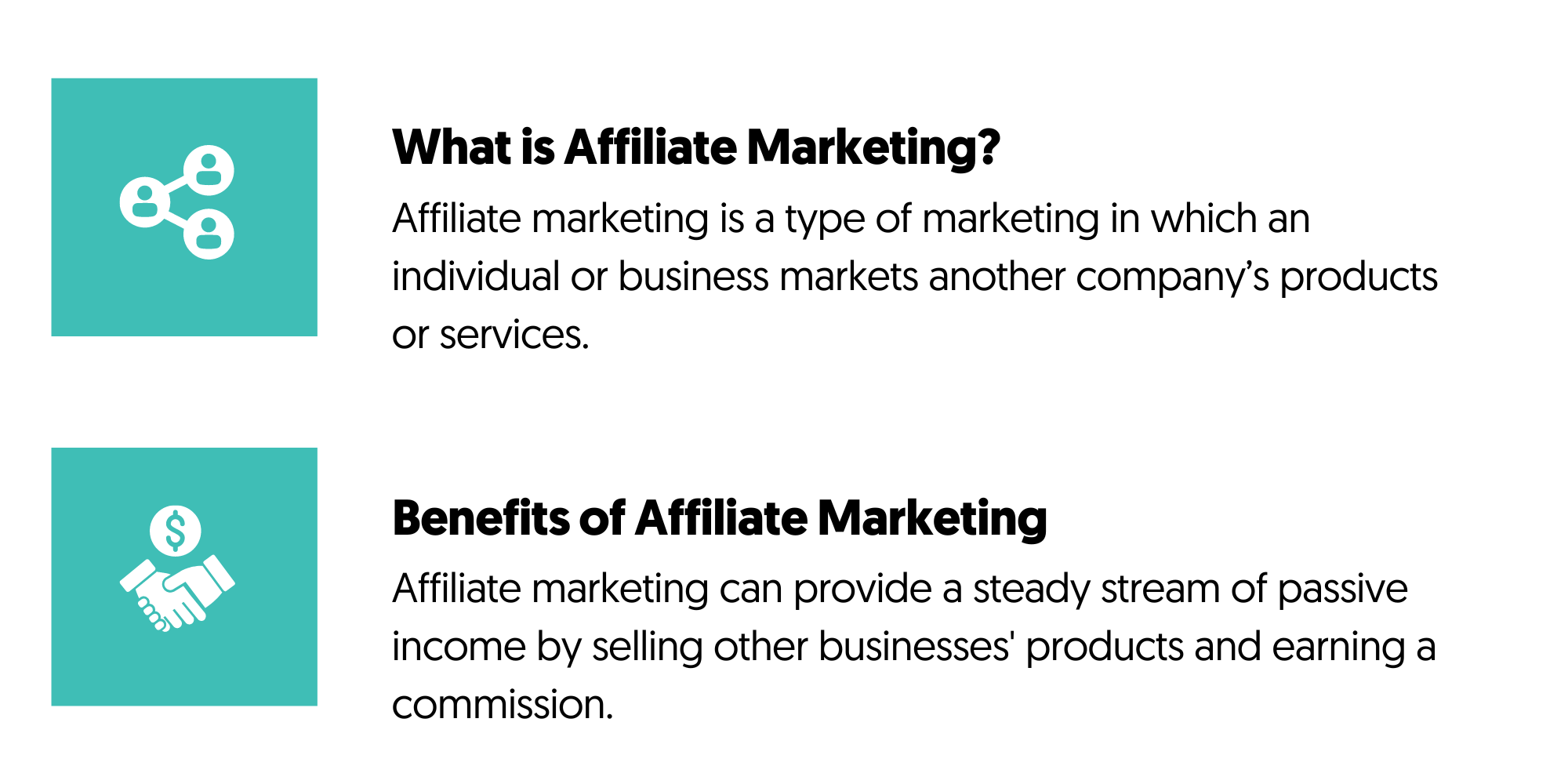
Read our guide below for more information on using affiliate marketing as an additional revenue stream for your business.
- Make Money With Affiliate Marketing
10. Use Analytics to Make Data-Driven Decisions
Mastering digital marketing for small businesses takes time and consistent effort. Learning from each campaign you create is crucial to maximizing your marketing budget and driving the right results.
This means data analytics is one of the most useful tools you’ll use in any campaign. Before starting a campaign, consider the goals you want to achieve and the KPIs and metrics you’ll need to track.
For instance, if you’re implementing an SEO strategy to boost traffic and brand awareness, you might monitor the number of unique visits to your site and brand mentions.
If you’re using social media to increase conversions, you can track the number of customers converting on your site from social media campaigns.
The good news is various tools are available to help you gather useful insights from your marketing strategies.
Google Analytics is the go-to resource for analyzing what your visitors do while on your website, and the Google Search Console will give you insights into how your website is performing on Google.
Social media channels like Facebook, Instagram, and LinkedIn all have their own useful analytical tools for businesses.
Good email marketing automation platforms come with analytical tools and A/B testing features built-in.
You can also consider experimenting with third-party tools, like SEMRush and Ahrefs, for tracking ranking opportunities or social media platforms, like Sprout Social and HootSuite, for managing your social media accounts.
How Much Does Digital Marketing Cost for Small Businesses?
The cost of digital marketing for small businesses can vary widely depending on several factors, including the specific marketing strategies employed, the scale of the business, the target audience, and the goals of the marketing campaigns.
Here are some key cost considerations for small businesses engaging in digital marketing:
Building your marketing team: Digital marketing for small businesses often requires the support of multiple different professionals, from social media experts to content creators.
You’ll need to consider the cost of paying freelancers or full-time employee salaries. There are also expenses to consider around benefits, training for team members, and software subscriptions.
Outsourcing: Since digital marketing often takes a lot of time and effort, many small businesses outsource their needs to agencies and freelancers.
While this is cheaper than hiring in-house staff, you’ll still need to track the costs of each project. Some companies charge per hour or per project, while others use monthly retainers.
Advertising budgets: If you’re going to be using paid advertising, you’ll need to create a strategic budget for channels like Google Ads and Facebook ads.
Content creation: Most business owners don’t have the time or skill to create large amounts of content themselves.
While content creation can be quite affordable, there are still costs for blog post writing, video creation, and even podcast production.
Web development costs: Building an online presence also incurs its own fees. You may need to hire developers or designers to create a custom website from scratch, or you may choose to pay a subscription cost for a platform like Wix, where you can design your site yourself.
Digital marketing tools: Whether you’re investing in digital marketing internally or outsourcing to a third party, you’ll often need to invest in your own tools. This means paying for tools related to keyword research, social media marketing automation, email marketing, and even PPC ad management.
To give you some real numbers based on our experience:
- The average hourly rate of a digital marketing consultant is between $100 – $150 (in the US). You’ll need at least 10-15 hours per month to get things done.
- The minimum budget for Facebook and Google Ads is $2000 monthly ($1000 on each network). A lower amount will make getting any real results from PPC is very hard.
- The average cost of creating a custom website is $2000 – $5000.
- The average monthly cost for tools is between $500 – $1000.
To sum up, a reasonable digital marketing budget for a small business is between $3500 – $5000 monthly.
Additional Learning Resources
Read the following resources to learn more about digital marketing and how to use it to benefit your business.
- Digital Marketing For Startups
- How to Start an Online Business
- Digital Marketing Guide for Beginners
- How to Promote Your Small Business Online
- How to Create a Digital Marketing Strategy





